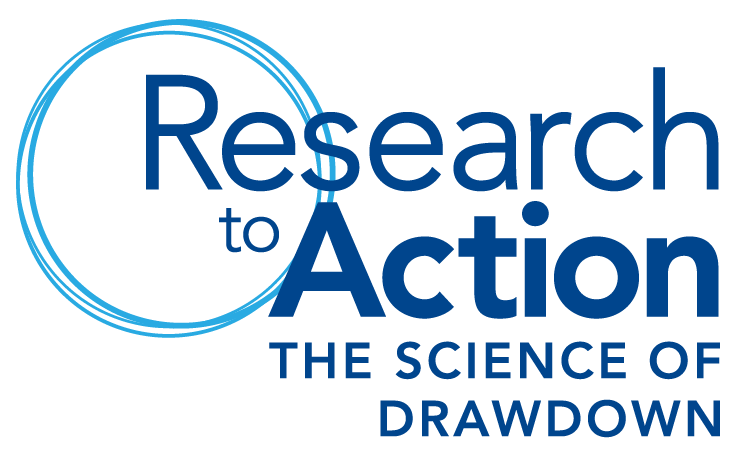The overarching goal of this project was to evaluate the feasibility of full-circle nutrient management by absorbing nutrients (N, P, and K) from wastewater effluents and agricultural runoff into aquatic plant biomass (ex., duckweed), and then using that biomass as a sustainable soil amendment to support regenerative agriculture. The benefits of this approach are that it: 1) simultaneously reduces nutrient loading from wastewater effluent and fertilizer runoff/leaching into receiving waters; 2) decreases energy demands for both water treatment and fertilizer production; and 3) can easily be applied in local communities with limited resources that may desperately need both clean water and improved crop production. Fast growing aquatic plants like duckweed have the potential to enable local communities to simultaneously treat their own wastewater and retain nutrients that are fundamental to agriculture. Producing soil amendments near the point of use reduces energy consumption that would otherwise be required for synthetic fertilizer production and transportation, and the retention of nutrients in soils increases soil fertility, reduces eutrophication, and contributes to global ecosystem health. This full-circle approach represents a new paradigm for wastewater treatment which could help decrease the severity of the looming food-energy-water crisis by making ecological wastewater treatment and sustainable crop production more practical. In this work, we investigated the technical and economic feasibility of this strategy for a local watershed by calculating the reduction in carbon dioxide emissions, total net cost, and operational savings over a 30 year implementation period from 2020 to 2050 by utilizing enhanced Drawdown methodology.
Day
Tuesday Poster Session
Related Conference Themes
Food
Materials & Waste

